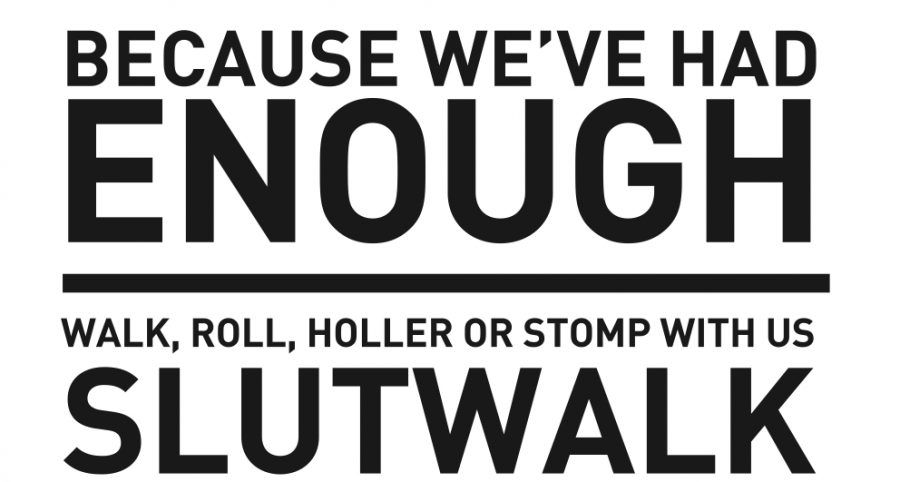All over the world women have been coming together in protests supporting femininity called “slutwalks.”
The feminist protests are based on two main principles. First, that despite what a woman is doing, or what she is wearing, it is never a woman’s fault that she is raped. The second principle is the desire to reclaim the word “slut,” changing it from a negative word, to a positive one. The phenomenon started in Toronto when a university cop stated “women should avoid dressing like sluts in order to not be victimized.”
Under any circumstances rape is horrible to hear about, and the victim is given sympathy, but the point that Slutwalk enthusiasts stress is that sympathy is often given in uneven doses based on how promiscuously the victim is dressed. The way a women dresses is her choice, and no blame should ever be put on her for dressing in a revealing manner. “Don’t tell us how to dress,” the group states, “tell men not to rape.” In the U.S., Canada, Sweden and South Africa, women and supporters took to the street in both revealing and casual clothing to prove the point that no matter what you are wearing the threat of rape exists.
The second principle of their protests is that women’s sexuality should not be defined for using negative words like “slut.” This is demonstrated by women writing the word proudly on their bodies and wearing so called “slutty” clothing in the attempt to change its negative connotation. Whatever a woman does with her sexuality is her choice, and should not be defined by others.
While many commend this bold protest, others are completely opposed to it. The idea that what women wear shouldn’t make them responsible for getting raped is an opinion that many hold, but many also feel that women should know better. These people believe that wearing provocative clothing will make a woman a target, despite what the Slutwalkers may say. The other part of the opposition is against the “reclaiming” of the word slut. Because “slut” is a word created to be used negatively, the likelihood of its ability to gain positive connotation is slim. And the outfits that women wear, while trying to prove that they hold their own sexuality, may do the opposite. The outfits distract people from the real issue at hand, and, according to NYdailynews.com “trivialize rape.”
While opinions on the Slutwalks are varied, and the true results and consequences are unclear, there is no doubt that a new wave of feminism has emerged.
